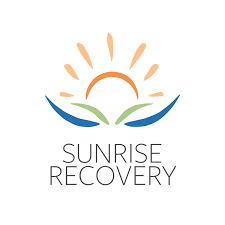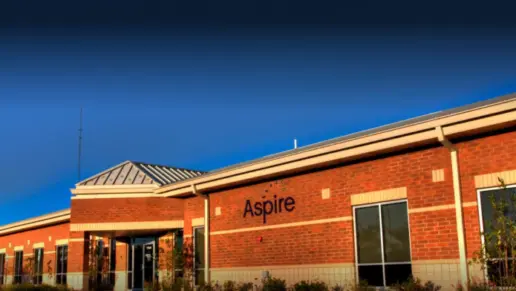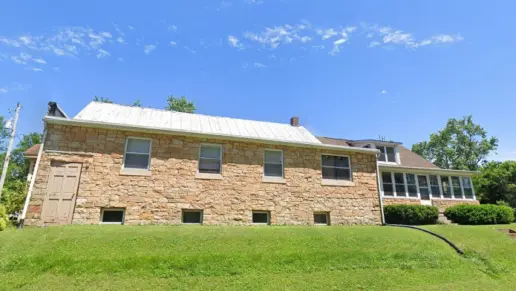They only messed me up more. The staff is not professional neither knowledgeable of the type of treatment necessary for patients like me. If you need to leave, they destroy the medication you were using and will not allow you to take it
About Recovery Works Merrillville
Pinnacle Treatment Centers – Recovery Works Merrillville provides addiction treatment services to those battling opioid, alcohol, and other drug addictions. This drug rehab center can be found in Merrillville, Indiana. It emphasizes helping individuals throughout the healing process during various treatment programs to ensure long term substance abuse recovery. In addition, this addiction treatment center is operated by medical professionals who aim to treat the whole person, mind, body, and spirit.
At the Pinnacle Treatment Centers – Recovery Works Merrillville, a full continuum of services is offered – meaning numerous programs are provided for individuals exploring recovery methods. Each program operated by this drug and alcohol rehab center utilizes evidence-based treatments. To learn more about them, read below:
The residential inpatient program offered at this rehab center is for those seeking an intense and immersive drug and alcohol treatment option. This program provides full day care that includes counseling and activities promoting recovery.
During the evenings, clients are involved in recovery assignments, community support groups, and growth and reflection opportunities. Additionally, patients are medically monitored and offered evidence based treatment modalities like dialectical behavioral therapy (DBT), cognitive behavioral therapy (CBT), and acceptance and commitment therapy (ACT.
Other services include coping skills training, nutritional counseling, stress management, life skills coaching, and vocational counseling.
Those who cannot live onsite for substance abuse addiction treatment can attend this addiction treatment center’s partial hospitalization program (PHP). At this PHP, individuals receive a full day of evidence based treatments that are inclusive of family therapy, group and individual counseling, 12 step meetings, and addiction education classes. Treatment plans are also patient-centered and customized to meet the unique needs of each individual.
The intensive outpatient program (IOP) offered by this rehab center is ideally suited to those who require intensive and focused addiction treatment in an offsite setting. This IOP operates a few days a week, with each session lasting a few hours. During the sessions, individuals will experience group and individual counseling treatment for substance abuse.
The general outpatient program (OP) is perfect for those who want to begin or continue drug or alcohol addiction. At this addiction treatment center, you can expect evidence based treatment in the form of various therapy modalities. How long an individual attends this OP will depend on recovery needs. Sessions are held during the week and last a few hours.
Medication assisted treatment (MAT) offered by Pinnacle Treatment Centers – Recovery Works Merrillville helps individuals manage and overcome the physical and mental symptoms associated with drug and alcohol withdrawal and cravings. This treatment is the first step in the detox process and is only available to eligible patients.
Those who receive MAT will be required to undergo therapy in conjunction with the medically supervised withdrawal and medication management. At this addiction treatment center, Methadone, Vivitrol, and Suboxone are offered to patients, and the course of treatment depends on individualized needs.
Facility Overview
Latest Reviews
Rehab Score
Gallery
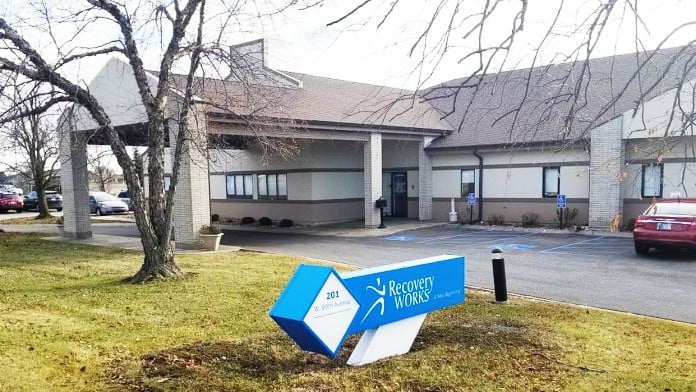
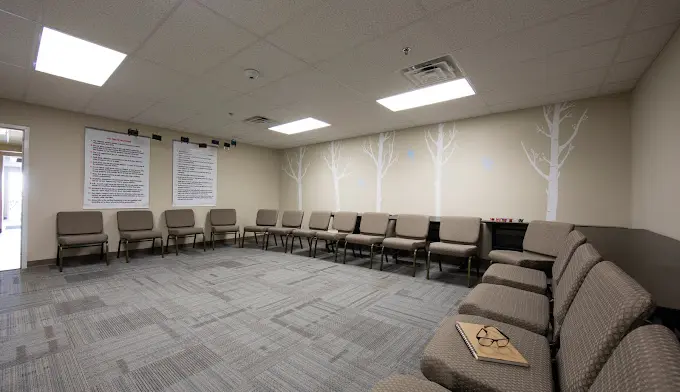
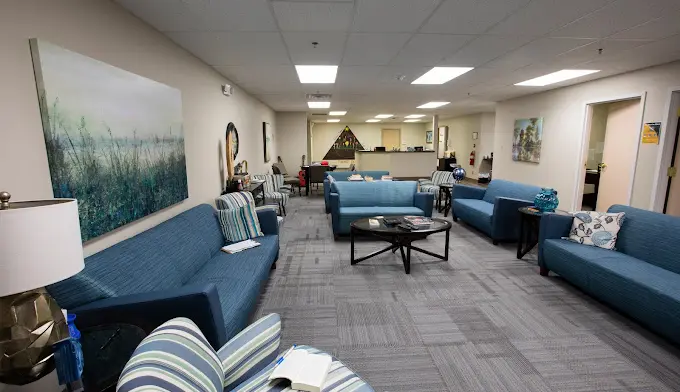
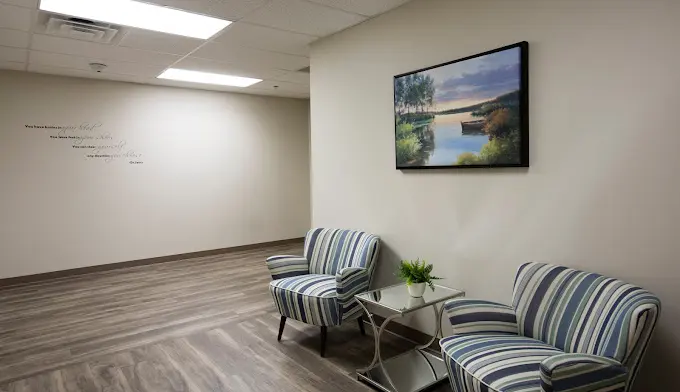
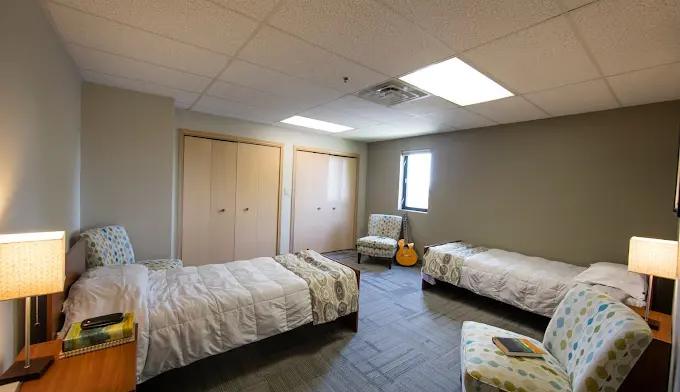
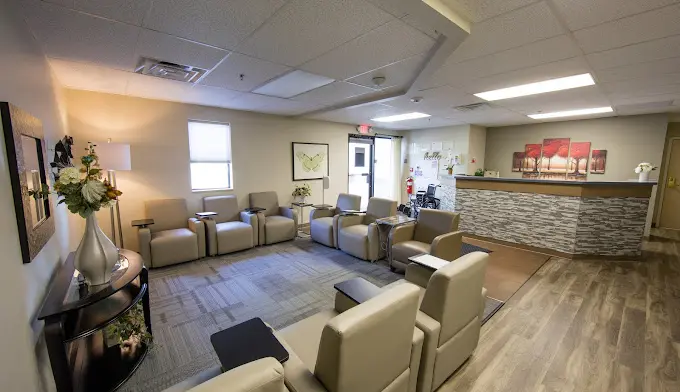
Location
Other Forms of Payment
Self-pay involves paying for treatment out of your own pocket. You can use savings or credit, get a personal loan, or receive help from family and friends to fund your treatment. If you don't have insurance or your insurance plan doesn't cover a specific program, self-pay can help ensure you still get the care you need.
Private insurance refers to any kind of healthcare coverage that isn't from the state or federal government. This includes individual and family plans offered by an employer or purchased from the Insurance Marketplace. Every plan will have different requirements and out of pocket costs so be sure to get the full details before you start treatment.
Medicare is a federal program that provides health insurance for those 65 and older. It also serves people under 65 with chronic and disabling health challenges. To use Medicare for addiction treatment you need to find a program that accepts Medicare and is in network with your plan. Out of pocket costs and preauthorization requirements vary, so always check with your provider.
Medicaid is a state based program that helps lower-income individuals and families pay for healthcare. Medicaid covers addiction treatment so those enrolled can use their coverage to pay for rehab. When a program accepts Medicaid the client often pays very little or nothing out of their own pocket.
Financial aid can take many forms. Centers may have grants or scholarships available to clients who meet eligibility requirements. Programs that receive SAMHSA grants may have financial aid available for those who need treatment as well. Grants and scholarships can help you pai for treatment without having to repay.
Military members, veterans, and eligible dependents have access to specific insurance programs that help them get the care they need. TRICARE and VA insurance can help you access low cost or no cost addiction and mental health treatment. Programs that accept military insurance often have targeted treatment focused on the unique challenges military members, veterans, and their families face.
Addiction Treatments
Levels of Care
Treatments
The goal of treatment for alcoholism is abstinence. Those with poor social support, poor motivation, or psychiatric disorders tend to relapse within a few years of treatment. For these people, success is measured by longer periods of abstinence, reduced use of alcohol, better health, and improved social functioning. Recovery and Maintenance are usually based on 12 step programs and AA meetings.
For long-term recovery from drug addiction, drug rehab in Indiana is often key. This treatment gives individuals who are struggling with a substance use disorder the tools to manage their disorder and achieve long-term sobriety.
Many of those suffering from addiction also suffer from mental or emotional illnesses like schizophrenia, bipolar disorder, depression, or anxiety disorders. Rehab and other substance abuse facilities treating those with a dual diagnosis or co-occurring disorder administer psychiatric treatment to address the person's mental health issue in addition to drug and alcohol rehabilitation.
Opioid rehabs specialize in supporting those recovering from opioid addiction. They treat those suffering from addiction to illegal opioids like heroin, as well as prescription drugs like oxycodone. These centers typically combine both physical as well as mental and emotional support to help stop addiction. Physical support often includes medical detox and subsequent medical support (including medication), and mental support includes in-depth therapy to address the underlying causes of addiction.
Substance rehabs focus on helping individuals recover from substance abuse, including alcohol and drug addiction (both illegal and prescription drugs). They often include the opportunity to engage in both individual as well as group therapy.
Programs



Clinical Services
Cognitive Behavioral Therapy (CBT) is a therapy modality that focuses on the relationship between one's thoughts, feelings, and behaviors. It is used to establish and allow for healthy responses to thoughts and feelings (instead of unhealthy responses, like using drugs or alcohol). CBT has been proven effective for recovering addicts of all kinds, and is used to strengthen a patient's own self-awareness and ability to self-regulate. CBT allows individuals to monitor their own emotional state, become more adept at communicating with others, and manage stress without needing to engage in substance abuse.
Dialectical Behavior Therapy (DBT) is a modified form of Cognitive Behavioral Therapy (CBT), a treatment designed to help people understand and ultimately affect the relationship between their thoughts, feelings, and behaviors. DBT is often used for individuals who struggle with self-harm behaviors, such as self-mutilation (cutting) and suicidal thoughts, urges, or attempts. It has been proven clinically effective for those who struggle with out-of-control emotions and mental health illnesses like Borderline Personality Disorder.
Research clearly demonstrates that recovery is far more successful and sustainable when loved ones like family members participate in rehab and substance abuse treatment. Genetic factors may be at play when it comes to drug and alcohol addiction, as well as mental health issues. Family dynamics often play a critical role in addiction triggers, and if properly educated, family members can be a strong source of support when it comes to rehabilitation.
Group therapy is any therapeutic work that happens in a group (not one-on-one). There are a number of different group therapy modalities, including support groups, experiential therapy, psycho-education, and more. Group therapy involves treatment as well as processing interaction between group members.
In individual therapy, a patient meets one-on-one with a trained psychologist or counselor. Therapy is a pivotal part of effective substance abuse treatment, as it often covers root causes of addiction, including challenges faced by the patient in their social, family, and work/school life.
Life skills trainings involve all the skills a person must have in order to function successfully in the world. These include time management, career guidance, money management, and effective communication. Truly successful addiction recovery is based on the ability to not only live substance-free, but to thrive. Life skills teaches the practical necessities of functioning in society, which sets clients up for success in life, and therefore sobriety.
Motivational Interviewing (MI) is a clinical approach to helping people with substance abuse issues and other conditions shift behavior in positive ways. It is more goal-oriented than traditional psychotherapy, as MI counselors directly attempt to get clients to consider making behavioral change (rather than wait for them to come to conclusions themselves). Its primary purpose is to resolve ambivalence and help clients become able to make healthy choices freely.
Nutrition therapy, aka medical nutrition therapy (MNT), is a way of treating physical, emotional, and medical conditions through diet. Specific dietary plans are designed by professional nutritionists or registered dietitians, and patients follow them in order to positively affect their physical and mental health.
Trauma therapy addresses traumatic incidents from a client's past that are likely affecting their present-day experience. Trauma is often one of the primary triggers and potential causes of addiction, and can stem from child sexual abuse, domestic violence, having a parent with a mental illness, losing one or both parents at a young age, teenage or adult sexual assault, or any number of other factors. The purpose of trauma therapy is to allow a patient to process trauma and move through and past it, with the help of trained and compassionate mental health professionals.
Amenities
-
Private Setting
-
Private Transportation
Staff & Accreditations
Staff
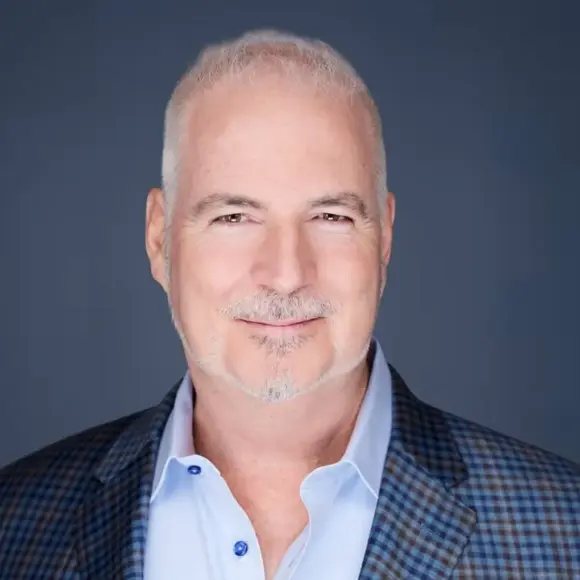
CEO
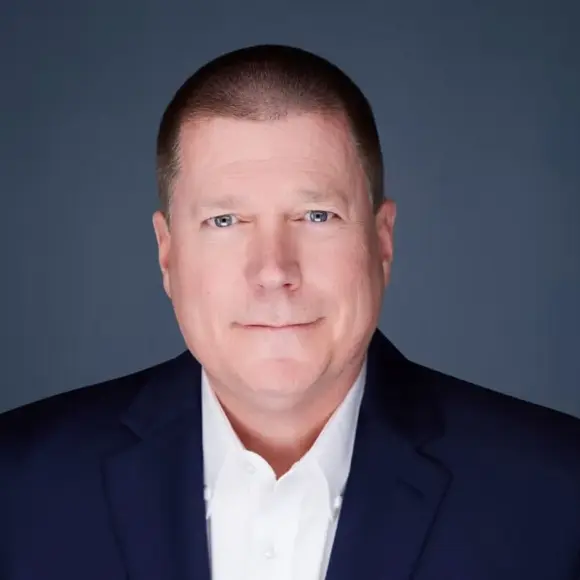
COO

CIO
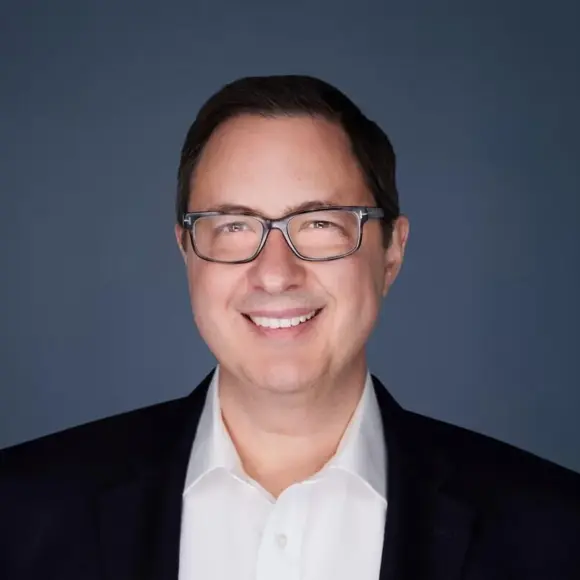
CFO
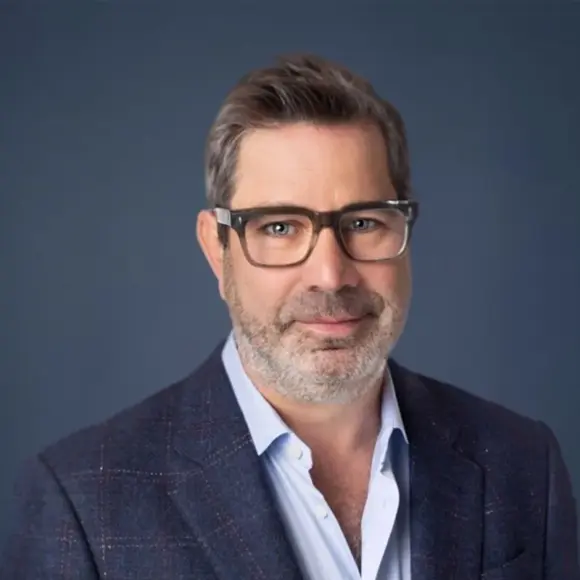
Chief Medical Officer
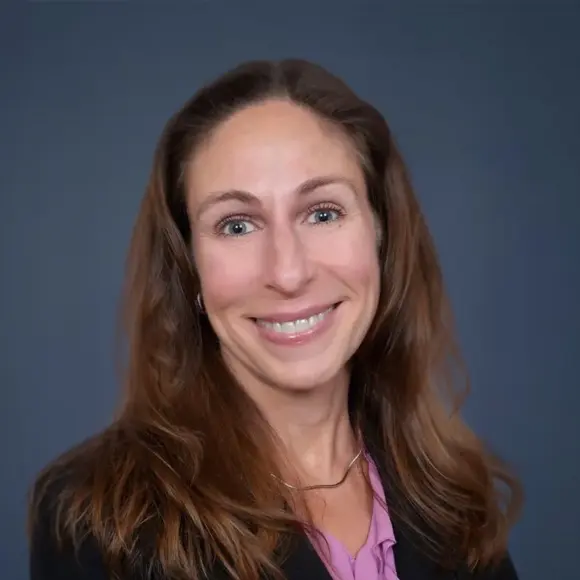
Chief Clinical Officer
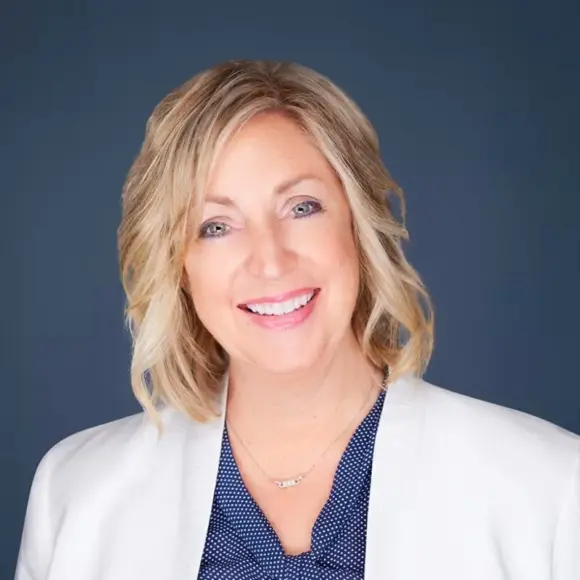
President & Opioid Treatment Program Division
Accreditations

The Substance Abuse and Mental Health Services Administration (SAMHSA) is a branch of the U.S. Department of Health and Human Services. Established in 1992 by congress, SAMHSA's mission is to reduce the impact of substance abuse and mental illness on American's communities.
SAMHSA Listed: Yes

The Commission on Accreditation of Rehabilitation Facilities (CARF) is a non-profit organization that specifically accredits rehab organizations. Founded in 1966, CARF's, mission is to help service providers like rehab facilities maintain high standards of care.
CARF Accreditation: Yes
Accreditation Number: 273093

The National Association of Addiction Treatment Providers (NAATP) is a professional association that represents organizations in the field of addiction services. Founded in 1978, NAATP's mission is to advance addiction services and ensure that high-quality addiction treatment is available and accessible.
NAATP Member: Yes
Member ID: 11719
Contact Information
201 West 89th Avenue
Merrillville, IN 46410
